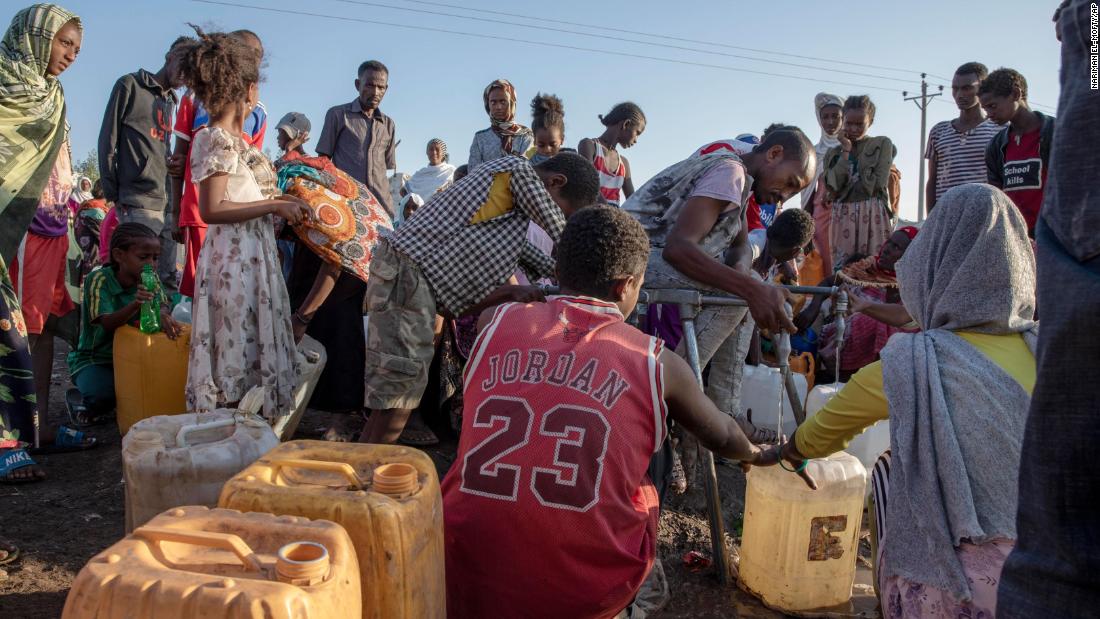
According to a new report from the International Rescue Committee (IRC), a major US humanitarian group, coronavirus, combined with climate change and conflict, will exacerbate the long-term crises in many developing countries next year.
Despite the severity of the pandemic, the direct impact of Covid-19 in areas where IRC operates was less damaging than feared, the organization’s chief executive, David Milliband, said on Tuesday. But it came with disastrous side effects, he added, including disruption to supply chains, food insecurity in some countries and the removal of people from hospitals, leading to ill-treatment for other diseases, including malaria.
Many of these worsen life in the countries on the IRC’s annual emergency watch list, which identifies sites at risk of humanitarian catastrophes. Extreme poverty caused by blockades and border closures, for example, could lead to famine in South Sudan, Burkina Faso and Yemen, he warns.
Yemen is at the top of the organization’s watch list this year, and is of particular concern as a nation that has also been affected by years of war. Conflict-torn Afghanistan, Syria, the Democratic Republic of the Congo and Ethiopia make up the top five countries on the list.
In total, the 20 countries on the IRC list represent only 10% of the world’s population, but represent 85% of those with humanitarian needs. “The 2021 watch list reveals that the world is facing both unprecedented humanitarian emergencies and a political crisis of inaction and global withdrawal from humanitarian obligations,” the IRC said in a statement on Monday.
While Milliband described the development of Covid-19 vaccines as an immensely positive story due to the cooperation of private companies and public entities in the research and development of a wide range of vaccines in record time, he noted the difficulty of securing and distributing doses for countries where both funding and health infrastructure are limited.
Asked by CNN about the possible delivery of vaccines to developing countries next year, the IRC chief was not optimistic. “The shortage of supply of Covid-19 vaccines means that the vast majority of people in fragile and humanitarian contexts, and in low-income, high-income states, will not be able to access a Covid-19 vaccine in 2021 and possibly for many years to come, ”he said.